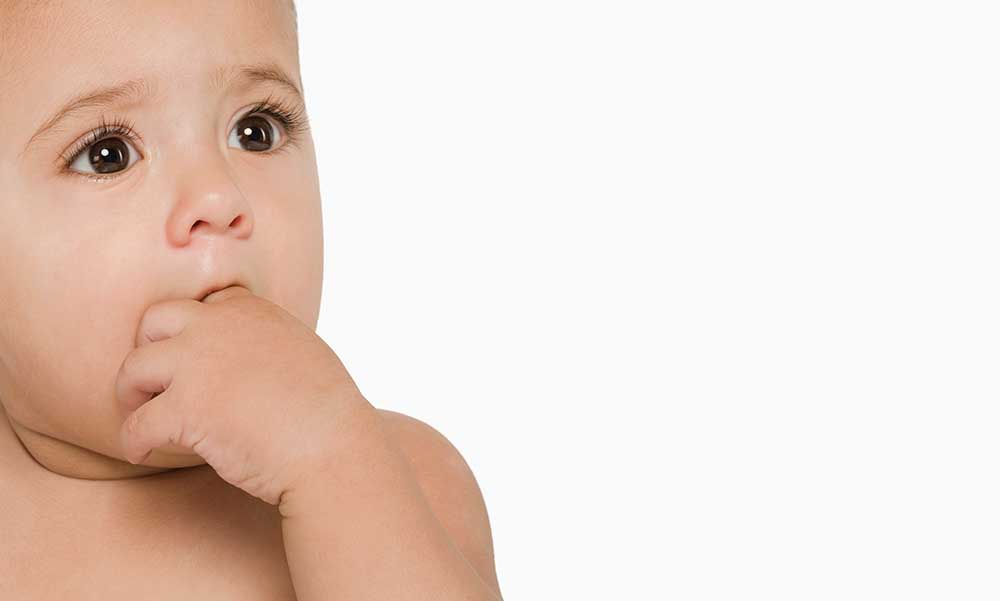By Agata Pedzik
While the educational institutions provide our kids with the academic knowledge to make them perform and survive in society on one level, there is so much more to learning and to guiding our children to find their unique path in life for a joyful and abundant experience as human beings.
Learning starts from the cradle and furthermore it is confirmed by science that the adaptation starts as early as in the last trimester of pregnancy when the foetus learns about the world from the mother’s responses to the environment through her stress hormones or happy hormones levels. After birth, the baby, toddler, child observes and registers the surrounding world and learns to respond to it by copying the behaviours of people
around them.
Dr Bruce Lipton in his book “The Biology of Belief” explains how in the first seven years of life the mind is programmed through the subconscious. In these early years the brain operates mostly in the theta and alpha wave lengths, the same frequencies as under hypnosis or during deep meditation state. Theta is the gateway to learning, memory, creativity and intuition.
Children learn how to perceive the external world and how to respond to different situations through observing and coping with the behaviours of others. People around them become the examples to follow how to act and react. Young children don’t have critical and rational thinking developed, they are likely to accept what you show them and tell them as true. Santa Claus is as real as the grandfather. It is important for the parents to understand that this period in their children’s lives is crucial in forming behaviours, responses and belief systems that will shape the person for the lifetime.
Young minds absorb the information like a sponge and are open to suggestion. We can refer to this first seven years of life as to the programming of the subconscious mind. Like a hard drive in the computer, brain’s neuronal connections are made and hardwired. This is the program we will be running for life. As the subconscious mind controls the conscious; it is believed that we operate from this subconscious program ninety five percent of the time in our daily lives for the rest of our lives. Only five percent of our behaviour is conscious, that’s the part that we actually have the “control” of. This is the reason why repeating motivational affirmations a hundred times a day have little effect.
As a parent, guardian, grandparent, teacher, coach, older sibling be conscious of your own actions and reactions and what example you give to your children as they are becoming a person of their own. Do you set them up for a life of happiness, gratitude, positivity, success, abundance, cooperation, forgiveness and kindness, or the life of depression, negativity, blame, frustration, competition, conflict and struggles? Every behaviour that you demonstrate will set an example for your child to follow in their own behaviours.
When you react with an avalanche of frustration when someone cuts you off in traffic, it is likely that your child will react in this way when their favourite chocolate bar disappears from the pantry. If you resolve disagreements with angry argument instead of understanding, reasoning and finding a solution, you can expect that this is how the child will approach conflict. Teaching your child keeping their room tidy and putting things away, by persuasion and punishment, is very hard work while your things are lying around creating a messy environment. If you continually complain about life and make drama of the things of little importance instead of focusing on the positives and being cheerful, you are making the child believe that the world is an unpleasant place and life is a struggle, and this is the template what life will become for them.
It is important to understand that the crucial aspect in this early learning is that kids learn and register much more efficiently by observing real life situations than from telling them what to do, how to behave and by setting up rules. We cannot expect them to be something different that we as parents and collectively as a society are giving them as an example. Don’t wait until your child goes to kinder or school for the education; textbooks don’t teach life. The most important learning is from a role model.
Agata Pedzik (BHSc) is a Life Coach and a practicing Naturopath in Mt Eliza, Surrey Hills and Montrose.


